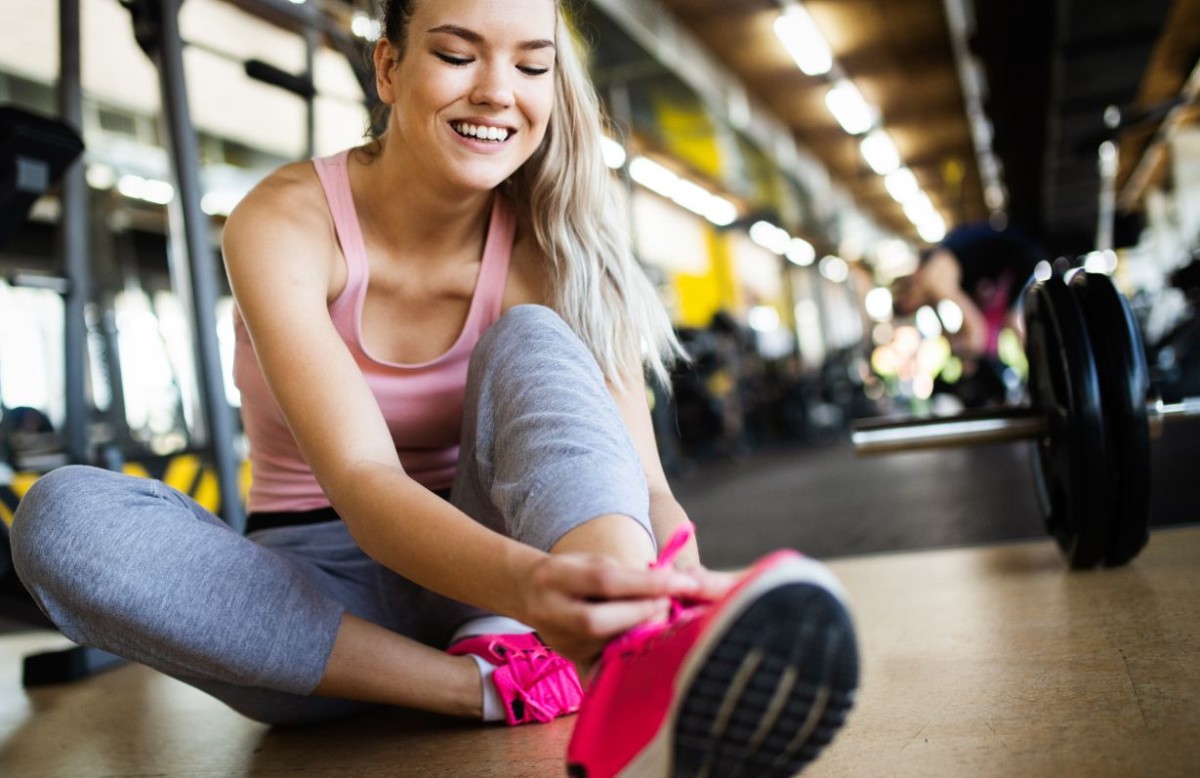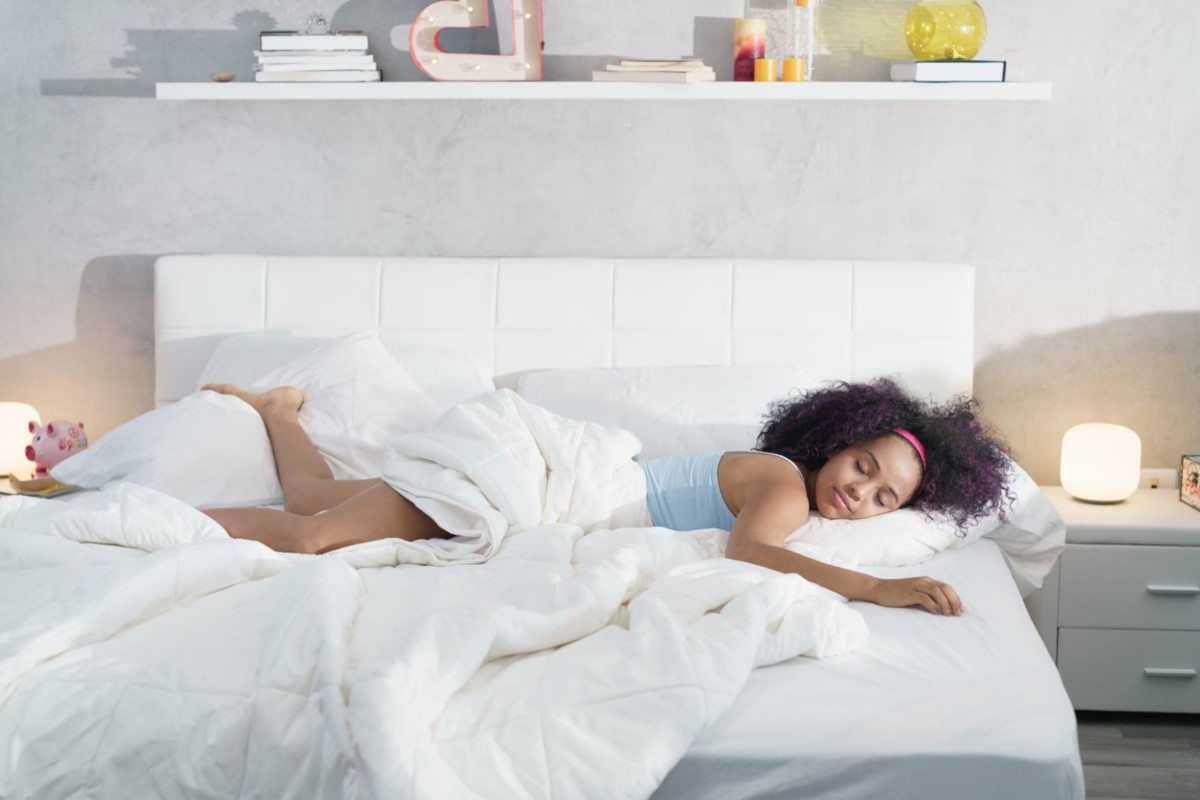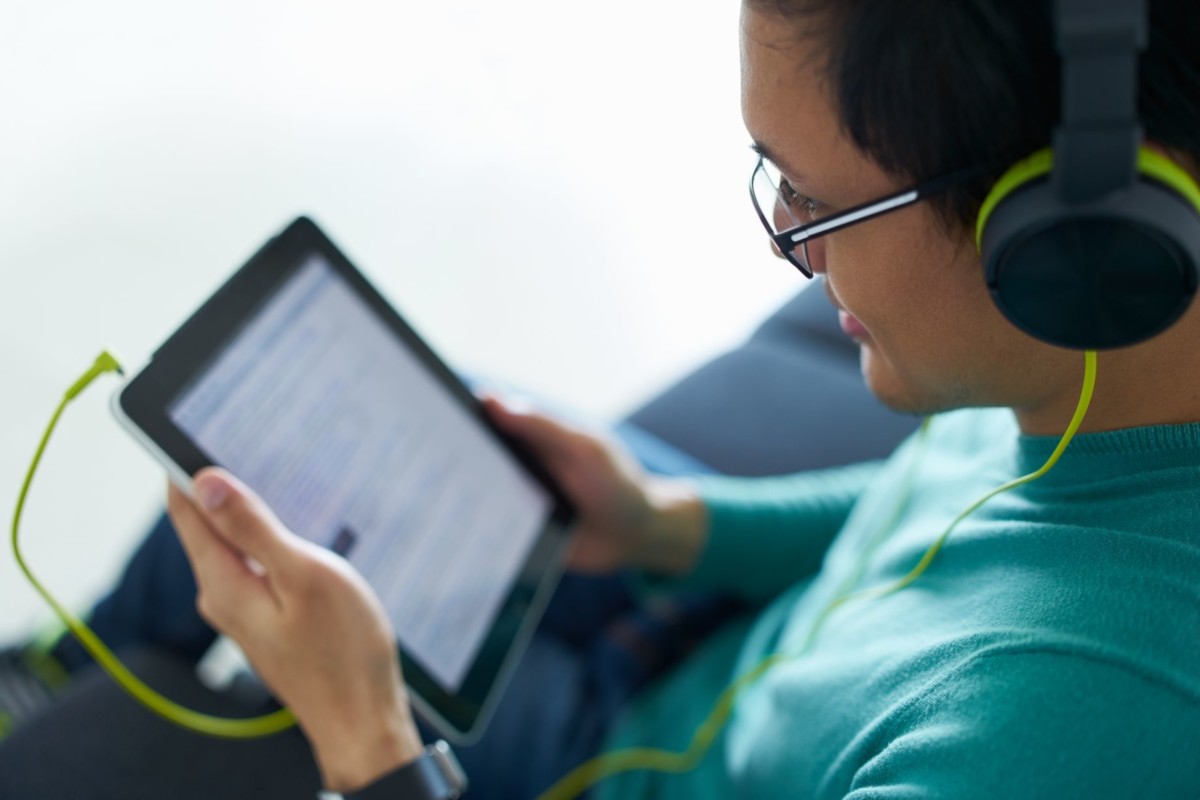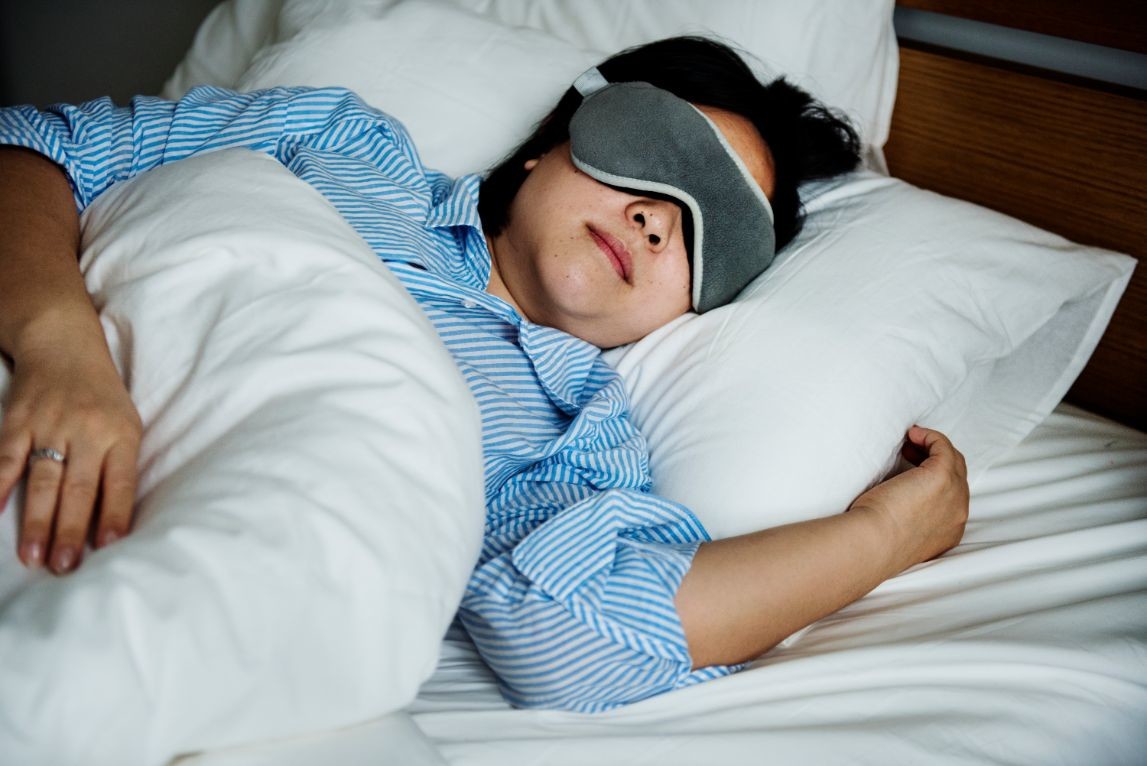Good sleep takes a major role in peoples’ emotional and physical health. It helps the brain function better, promotes healthy hormones, and a daily dose of energy. But when we don’t get the rest we need, we damage our immune system and are prone to serious health complications.
This poses a real threat to your health, especially with the ongoing COVID-19 pandemic. Here is how you can change that.
5 Tips to Sleep Better During the Coronavirus Epidemic
From 50 to 70 million American adults are living with one or a few sleep disorders. It’s true that any kind of sleep disorder can make sleeping difficult, but when you pair it up with stress and inactivity, it is a whole different story. The pandemic makes this problem a reality.
Adjusting to life in quarantine is not an easy task. All the new habits, stress, and lack of exercise are completely disrupting our sleep. With all the clubs and pubs closing, a lot of people have become overwhelmed with anxiety.
According to Dr. Adrian Pristas, a sleep expert at Riverview Medical Center, you must pay attention to your sleeping routine now more than ever. If you want a way to fix this, here are a few handy tips that can help.
1. Start Your Day With a Physical Activity

People who do regular physical activity during the day fall asleep easier at night. Any type of exercise is a natural problem-solver for sleep apnea, insomnia, or any sleep disorder.
- Exercise accelerates the metabolism, increases body temperature, and triggers the right hormones.
- Both light and vigorous exercises are equally effective.
However, it’s not a good idea to do a physical activity late in the afternoon or before bed. The motions will activate the cortisol and keep the system alert at night. The only practical strategy would be to exercise in the morning or during the day.
2. Be Smart About the Foods and Beverages You Pick
Habits can drastically affect your sleeping routine, particularly the foods and drinks you choose to consume before you go to sleep. Here is how you can solve that.
- Skip the caffeine. Any beverage, whether it is coffee of caffeinated drink is a bad choice late in the afternoon. This ingredient is a natural stimulant that interferes with the nerve cells and makes the body more alert. Avoiding caffeine before bed can help you stay on track.
- Reduce the intake of refined carbohydrates and sugar. Pasta, rice, cakes, and bread are all known triggers for wakefulness. Reduce the intake if you want to be in complete control of your sleep.
- Drop the alcohol. Not everyone fully comprehends the effect alcohol has on the brain cells. While it can make you feel sleepy when under the influence, once it passes, it interrupts the sleeping cycle.
- Control your portions. Eating too much at dinnertime can be a serious problem at night. The stomach will need time to process the food, and in many cases, it can cause heartburn. That’s why it’s better to take it easy on the spicy foods and control the food portions.
- Don’t fill the belly with too many beverages. The more fluids you consume before bed, the bigger the odds of constant bathroom trips. This is what experts refer to as Nocturia. It is responsible for constant urination at night that eventually decreases daytime energy.
3. Work On Your Sleeping Environment

If you give your body a peaceful and calm environment, it will send a comfortable signal to the brain and help it relax. But, if the environment is too stressful, loud, or distracting, it can have the complete opposite effect.
The simplest way to do that is to keep the noises to a minimum. Close the window, shut down the fan or air conditioner, and enjoy some peace and quiet. If that doesn’t work, readjust the temperature. Statistics show that the best temperature for sleep is 60 to 67 ºF.
The temperature will create the ideal cozy environment that will calm the nerves. You can also use a weighted blanket as it creates a feeling of a warm hug helping you relax and sleep better.
4. Readjust the Light Exposure
What most people don’t realize is that the light in the room can also affect your sleeping routine. Our brain needs just the right light to secrete hormones that aid with sleep. When the room is dark, the brain will secrete plenty of melatonin, which can help us fall asleep.
But, when the room is too bright, the brain doesn’t secrete enough of this hormone. That’s why it shifts the body’s capability of falling asleep and makes it more alert instead.
The goal is relatively simple. Use curtains or any coverings that can block out the light coming from the window. Whether it is street light or any other source of light, you can block it and allow the body to secrete the hormones in a proper, healthy environment.
5. Be Sure to Disconnect

With the currently ongoing pandemic, it’s easy to get stressed. With the constantly worsening situation, it’s hard not to let it get to your head. But, anxiety, stress, and depression are a major contributor to insomnia. If none of the tips we listed above are working, it’s time you detach yourself from any major stress.
It may seem impossible at first, but there is a way you can succeed. The first step is limiting your access to any disturbing news of the Coronavirus pandemic. Instead, try to catch up on your favorite books. Maybe take up a hobby that will steal the attention away. Once you learn how to keep the stress at bay, you will sleep much better.
Final Thoughts
A good night’s rest is crucial for a healthy body. While it may be too stressful or difficult to find the time to sleep, there are many ways that can help you overcome the problem. All the tips we listed here can help you stay on track with your sleeping routine. If you want more sleep tips and mattress reviews, make sure to have a look at Sleep Standards.
Have you tried any of these options before? Did they give you the results you were hoping for? Share your thoughts in the comment section below.

